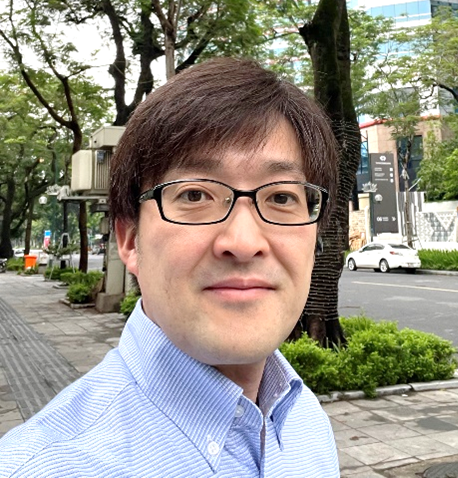Authors: Kunio Shirahada, Japan Advanced Institute of Science and Technology, Nomi, Japan, and Alan Wilson, University of Strathclyde. Glasgow, UK.


It is crucial for the pursuit of 'Quality of Life' in an aging society that citizens remain energetically involved in society and contribute to their local communities even as they age.
Volunteering is an important opportunity for the realization of such a society.
Studies have shown a positive correlation between volunteer activities and the formation of the well-being of senior citizens, mainly in gerontology. However, the experiences of senior volunteers in the process of volunteering are not fully understood. Especially in interpersonal volunteer services, senior volunteers may experience difficulties and setbacks in their interactions with clients. Without a knowledge of the process, an understanding of volunteering and well-being formation cannot be achieved.
Our paper analyzes the formation of well-being through volunteering among seniors from the perspective of service research. Based on the theoretical foundation of value co-creation and value co-destruction, we focused on senior volunteers who act as service providers in the tourism sector. Qualitative research using the purposive sampling method was conducted with 15 senior volunteer tour guides in Japan and the United Kingdom. Through qualitative analysis, data structure was clarified and a conceptual model was developed.
Results showed that seniors start volunteering with mixed motives, such as wanting to have a social role or to stay healthy. However, after a period of training, they become more aware of their volunteer role as service providers, and they strive and study to maximize the benefits to their clients. The overall fulfilment of such a role supports their well-being. However, when this role awareness becomes too strong, they may experience unintended value co-destruction, thereby declining in well-being, as they begin to serve their clients at the expense of themselves and their clients encourage them to do so. We found that those who seemed to ultimately find their life purpose from volunteering overcame their negative experiences by building positive relationships with their organizational colleagues. Thus, volunteering does not automatically lead to well-being.
Importantly, seniors' sense of self-direction and co-creation with others may arise from their recognition of their role as service providers who create value for society, and they gain self-confidence and a goal in life through the responses they obtain from their involvement with society. However, sometimes negative reactions from others can cause setbacks in these efforts. At such times, it is important for volunteer organizations to create opportunities for volunteers to share their experiences with other volunteer members, and to support them in tempering their excessive sense of role. Thus, our study addresses the nature of interpersonal volunteer activities as well as the support required to be effective in enhancing the well-being of seniors.

Fairer society
We are passionate about working with researchers globally to deliver a fairer, more inclusive society. This perhaps has never been more important than in today’s divided world.
